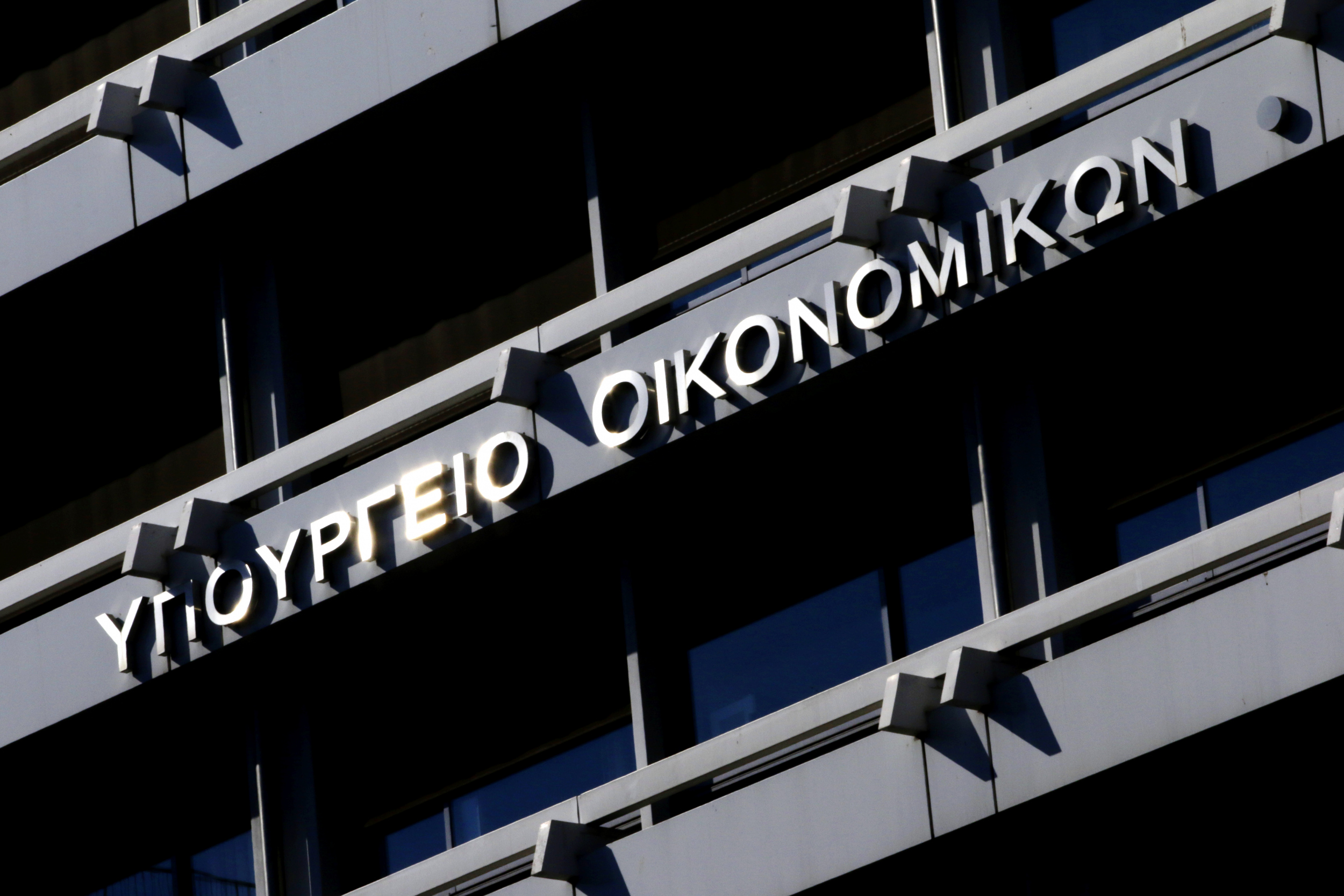By Yannis Marinos
The economic policy that has been implemented by the government and touted by the opposition focuses mainly on handouts, tax cuts, and the suspension of and the granting of more time to meet obligations to banks.
All of that entails an increase in state borrowing and hence a hike in public debt.
Greece has the world record in terms of public debt. In 2020 it reached 392bn euros, which is 205 percent of GDP. The upward trend has continued in 2021, and if it continues at the current rate it will skyrocket to 400bn euros.
Such a course of public debt – which is entirely absent in public discourse – will render it (if it is not already) unviable. It is clearly a lack of foresight for this to be addressed with the argument that a large portion of the debt is for the time being covered by debt settlement arrangements and that there is therefore no cause for worry.
Yet, that way we are very conveniently but with unpardonable irresponsibility dealing with a nightmare by pushing the can down the road to our children and grandchildren.
Alekos Papadopoulos [a former Pasok finance minister known for his devotion to fiscal discipline] is perhaps the only person who with clarity and without prettifying matters (in an 18 September opinion piece in Ta Nea) has criticised the situation, arguing that unsustainable handouts with borrowed money is simply irrational.
Unavoidably, the public debt will be further burdened by the necessary but extremely costly defence alliance with France, which is a very belated effort to upgrade our defences in order to confront our insidious neighbour to the east.





